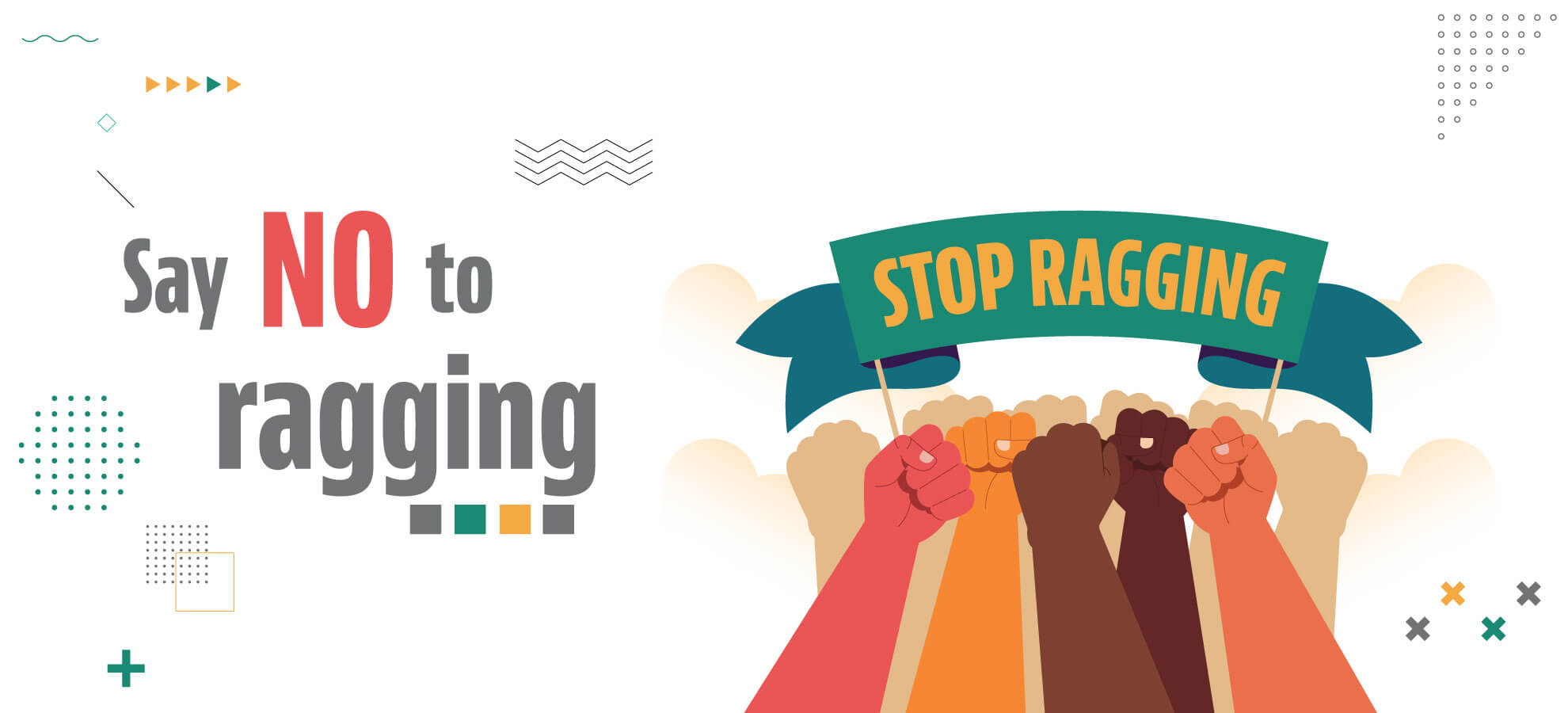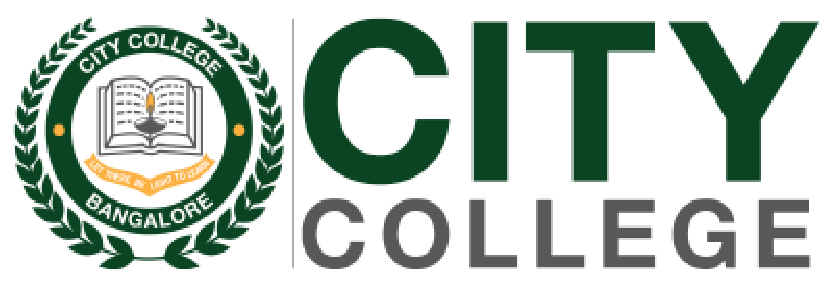
Anti Ragging Policy
The CCJ community is aware of the fact that prevention and prohibition of ragging in institutions imparting higher education in the country is a great concern to all authorities, including law enforcing agencies. Various apex bodies of higher education in the country have framed regulations in order to root out ragging in all its forms, in the universities and its affiliated colleges in the country by prohibiting it and by enacting the law too. In this context, the Report submitted by the Raghavan Committee constituted by the Hon’ble Supreme Court in SLP No.24295/2006 is relevant.
Hon’ble Supreme Court of India accepted the various recommendations made by the Raghavan Committee and made it mandatory for the concerned to implement the following recommendations.
The punishment to be meted out has to be exemplary and justifiably harsh to act as a deterrent against recurrence of such incidents. Every single incident of ragging where the victim or his parent/guardian or the Head of Institution is not satisfied with the institutional arrangement for action, a First Information Report must be filed without exception by the institutional authorities with the local police authorities. Any failure on the part of the institutional authority or negligence or deliberate delay in lodging the FIR with the local police shall be construed to be an act of culpable negligence on the part of the authorities by the Courts. All efforts should be made to ensure that cases involving ragging are taken up on priority basis to send the correct message that ragging is not only to be discouraged but also to be dealt with sternness. Hence, it is emphasized that ragging of and among students of this Institute in any form at any place will not be tolerated and it is banned. For this purpose the following activities and / or actions shall be construed as the forms of ragging.
Ragging has several aspects with among others, psychological, social, political, economic, cultural, and academic dimensions. Any conduct by any student or students whether by words spoken or written or by an act which has the effect of teasing, treating or handling with rudeness a fresher or any other students. Indulging in rowdy or undisciplined activities by any student or students, which causes or is likely to cause annoyance, hardship, physical or psychological harm or to raise fear or apprehension thereof in any fresher or any other student. Asking any student to do any act which such student will not do in the ordinary course and which has the effect of causing or generating a sense of shame or torment or embarrassment so as to adversely affect the physique or psyche on such fresher or any other student. Any act that prevents disrupts or disturbs the regular academic activity of a student. Exploiting the services of a junior student for completing the academic tasks assigned to an individual or a group of seniors. Any act of financial extortion or forceful expenditure burden put on a junior student by senior students.
Any act of physical abuse including all variants of it: sexual abuse, homosexual assaults, stripping, forcing obscene and lewd acts, gestures, causing bodily harm or any other danger to health or person. Any act or abuse by spoken words, emails, snail-mails, blogs, public insults including deriving perverted pleasure, vicarious or sadistic thrill from actively or passively participating in the discomfiture to others. Any act that affects the mental health and self-confidence of students. The human rights perspective of ragging which involves the injury caused to the fundamental right to human dignity through humiliation heaped on junior students by seniors; often resulting in the extreme step of suicide by the victims. The Institute will have an Anti Ragging Committee headed by a senior faculty of the Institute. If the committee finds that prima facie there is a case of ragging on the Complaint it received, the committee will take immediate action including the filing of FIR with the local police depending on the seriousness of the case. Any student of CCJ found indulging and / or abetting any form of ragging shall be meted out with exemplary and justifiably harsh punishment including debarring such students from taking admissions in any institutions of higher learning in the country. Depending upon the nature and gravity of the offence as established by the Anti-Ragging Committee of Institute, the possible punishments for those found guilty of ragging at the Institute level shall be any one or any combination of the following:
Cancellation of admission
Suspension from attending classes
Withholding/withdrawing scholarship/fellowship and other benefits
Debarring from appearing in any test/examination or other evaluation process
Withholding results
Debarring from representing the institution in any regional, national or international meet, tournament, youth festival, etc.
Rustication from the institution for a period as may be determined by appropriate authority
Expulsion from the institution
Fine of Rupees 25,000/-
Collective punishment: when the persons committing or abetting the crime of ragging are not identified, the institution shall resort to collective punishment as a deterrent to ensure community pressure on the potential raggers.
As a preventive measure, all the existing students, fresher’s and their parents/guardians shall submit an undertaking in the prescribed form in the beginning of the academic session itself failing which the concerned student will not be allowed to attend classes until he/she and his/her parents/guardians submit the said undertaking. All the students of DBSoM are advised to abide by the instructions scrupulously to ensure a healthy academic atmosphere and make it a ragging free campus. Strict observance of the instructions and cooperation with the Institution in its efforts to ensure a “Ragging Free CCJ” is highly solicited.



